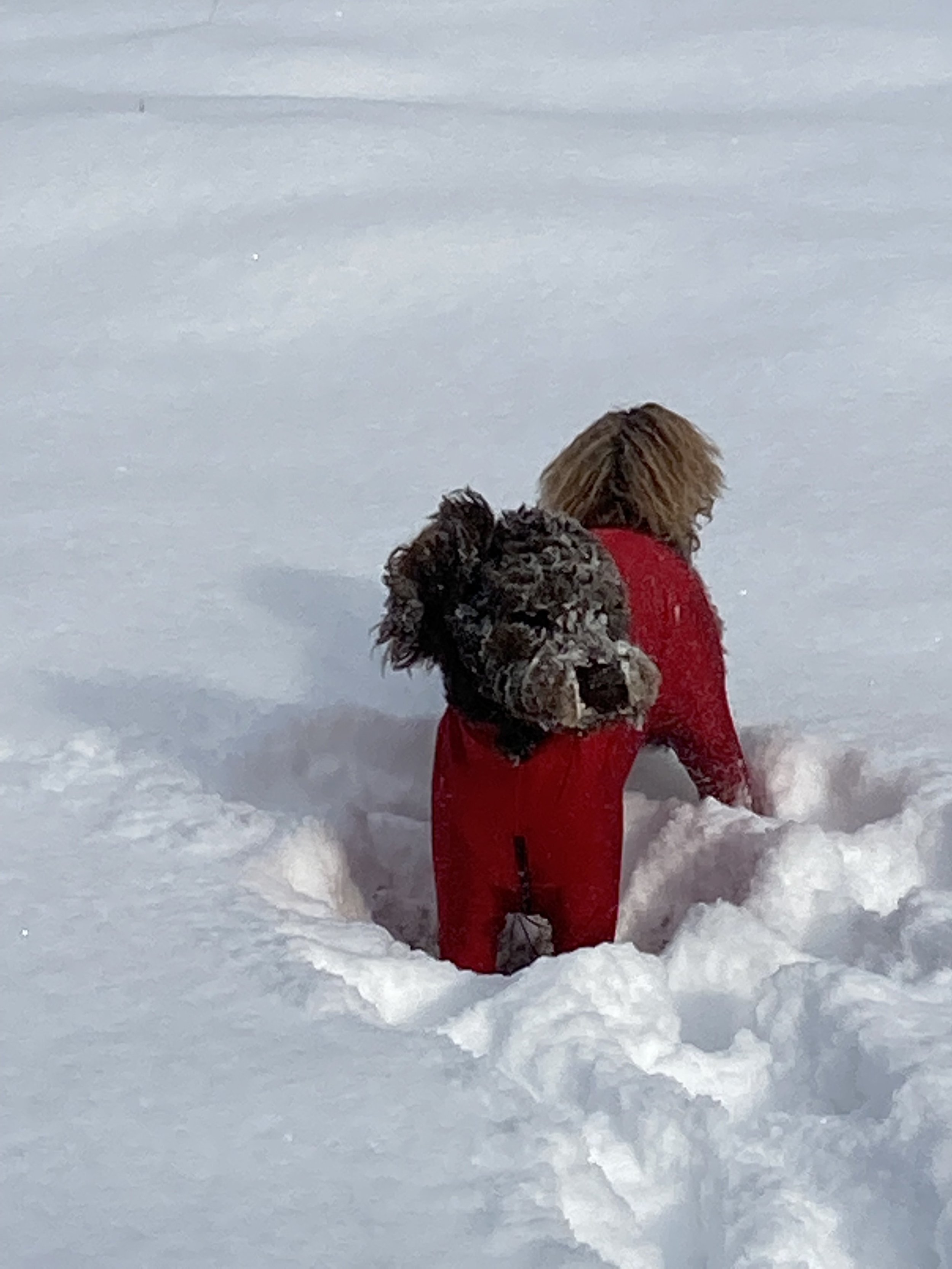“Do you think faith is a gift or a choice?” asked my friend.
What a great question. One that I didn’t have time to ponder, as the answer showed up immediately on the blackboard of my mind. “It’s both. And practice is the bridge that connects the two.”
Practice is the bridge that spans the mystery that is faith, and upon which we find traction for our convictions, callings, and inklings. The bridge of practice provides a way from here to there without having to know all of the answers. If that’s not faith, I don’t know what is.
Ever since that conversation I’ve been preoccupied with bridges. I see them—and the need for them— everywhere. Over the course of our lifetime we will, time and again, find ourselves on one side of an expanse that feels impossible to cross. We’ll need a bridge
Anyone can be a bridge.
A bridge across which prayers are answered.
A bridge across which someone who is lost can find their way back home.
A bridge that spans a fear too terrifying to cross alone.
A bridge that makes it possible for opposing views to find common ground.
A bridge across which forgiveness travels.
A bridge that makes it possible to leave an old story behind and begin to live into a new one.
A bridge that connects us to them.
Of all the reasons we roam the planet, being a bridge might hover near the top of that list. Why are we here if not to create connections, span gaps, and provide a way where none exists. Like faith, being a bridge is both a gift and a choice, and it is practice that connects the two.
There’s a reason that armies destroy enemy bridges. It is to sever connection.
Let’s not let that happen. Let’s be a bridge.








